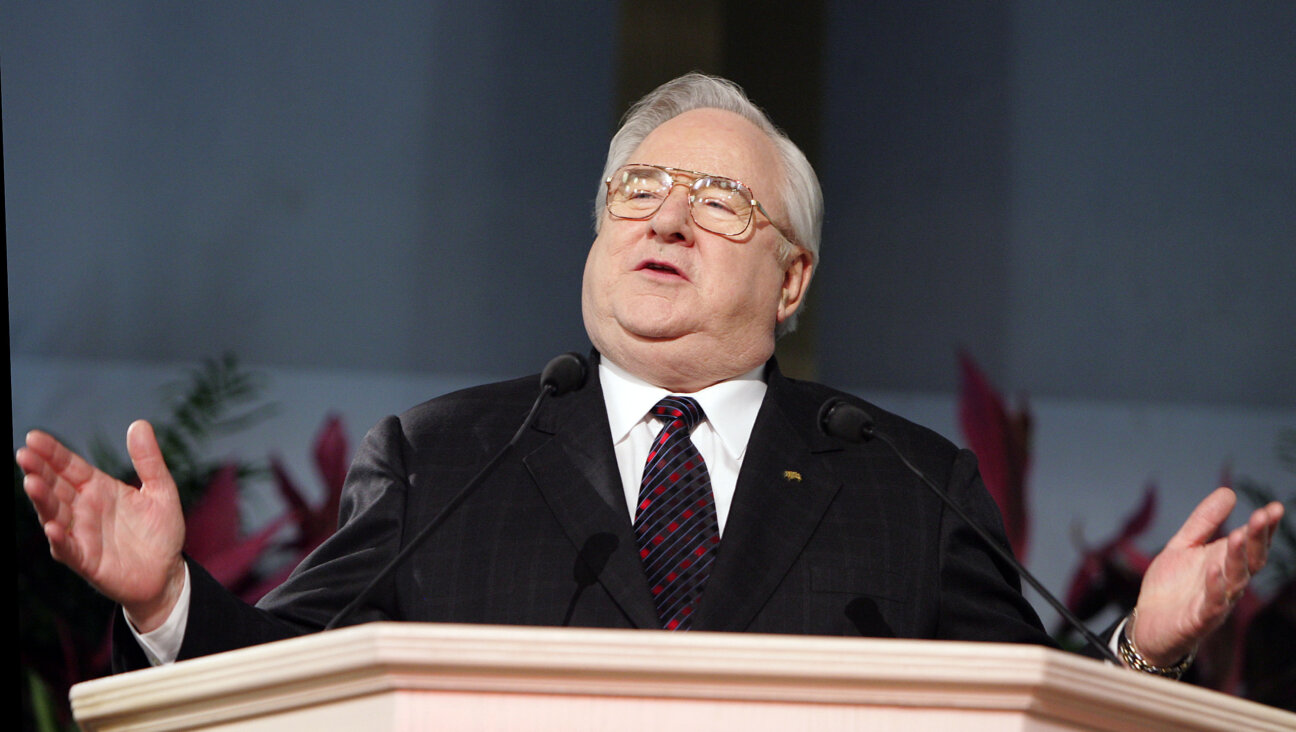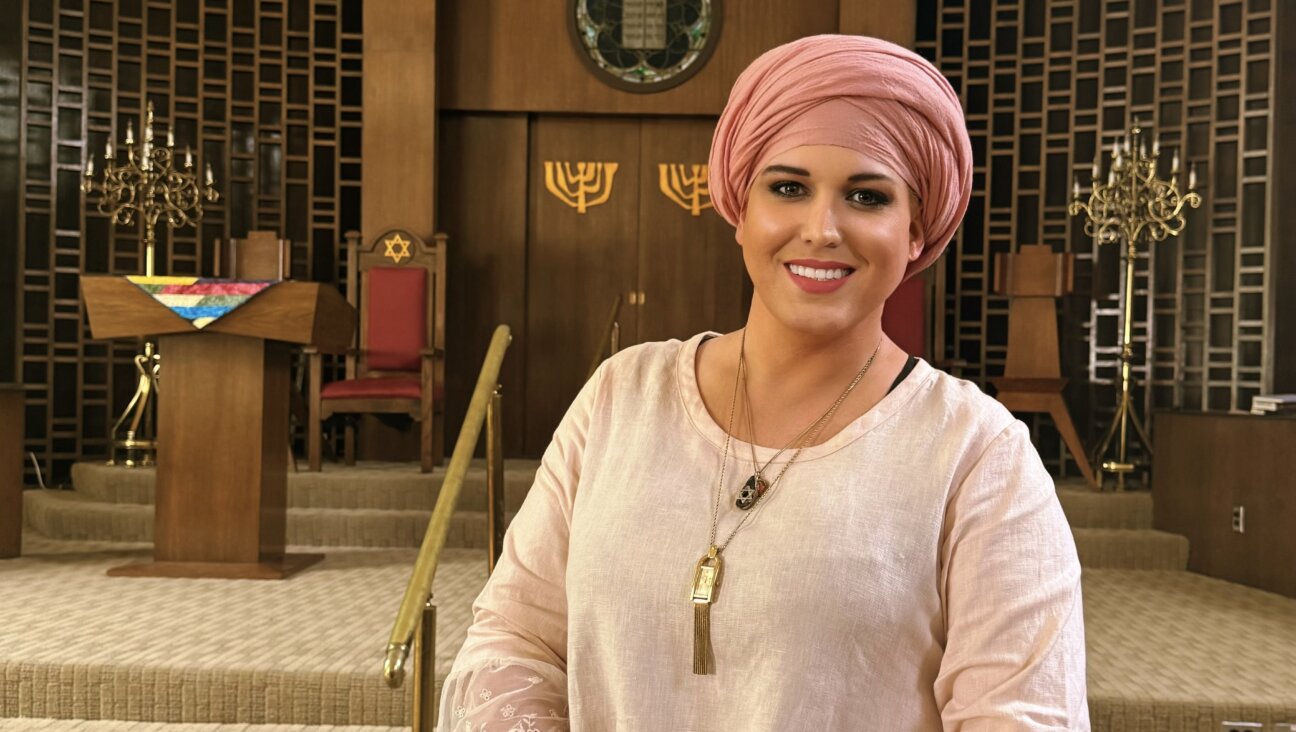A month before her death, RBG made a (virtual) concert appearance

That’s MTV Award Winner Ruth Bader Ginsburg to you Image by Getty Images
When Lewis Kaplan emailed Ruth Bader Ginsburg’s family, asking if she wanted to take part in a pandemic-era music festival, he didn’t know what would happen.
What he didn’t expect was an immediate response from the justice’s daughter, Jane Ginsburg, telling him that the Notorious RBG was all in.
No, this isn’t an exposé of Ginsburg’s hidden cello prowess — she contributed words, not notes. But her brief cameo at the Bach Virtuosi Festival, which took place on YouTube in August, has taken on a new significance since it was one of her last public appearances. To Kaplan, the experience now seems “prophetic.”
“Her manner and what she says were so simple, brief, and so her,” he said.
Ruth Bader Ginsburg on Brotherhood/Sisterhood from Brian Kaplan on Vimeo.
Founded by Kaplan, a senior professor of violin at Juilliard, the Bach Virtuosi Festival normally takes place in Maine. But like the rest of the cultural world, it migrated online after the pandemic put an end to in-person events. Inspired by what he sees as a political climate of “dishonesty and distrust,” Kaplan decided to shake things up: Instead of staging traditional concerts, he created a program called “Brotherhood/Sisterhood,” which fused solo performances with teachings on equity and understanding from luminaries as varied as Aristotle and John Lewis.
That’s where Ginsburg came in. Beaming down from a home office stuffed with family photos that deserves a 10/10 Room Rater score, she recited remarks she’d made during a 2015 MSNBC interview.
“I try to teach through my opinions, through my speeches, how wrong it is to judge people on the basis of what they look like, the color of their skin, whether they’re men or women,” Ginsburg said as Emi Ferguson performed two movements from Bach’s Partita in A minor.
Kaplan, whose wife Adria worked with Jane Ginsburg at Columbia Law School, had met the justice several times. “She was totally in charge,” he recalled of chatting with the justice, who shared his love for classical music and was notoriously knowledgeable about opera. “She knew all the librettos, she knew the music, she knew the singers.”
Kaplan saw the late justice’s contribution to an online experiment as emblematic of her legacy of understated generosity.
“There’s no pomp,” he said. “It just is what it is, and what it is is perfection.”
Irene Katz Connelly is an editorial fellow at the Forward. You can contact her at [email protected]. Follow her on Twitter at @katz_conn.























